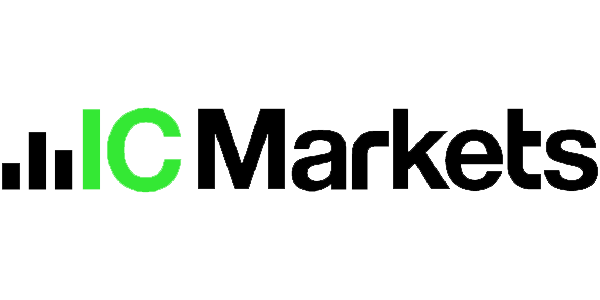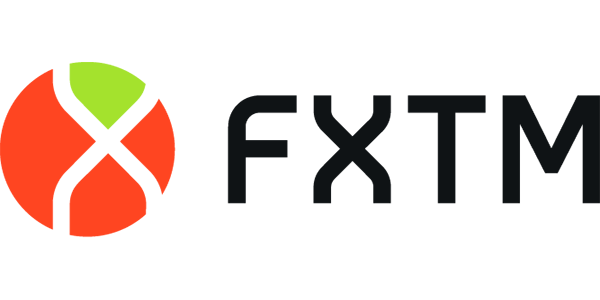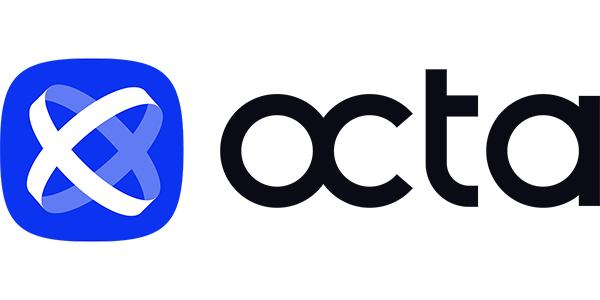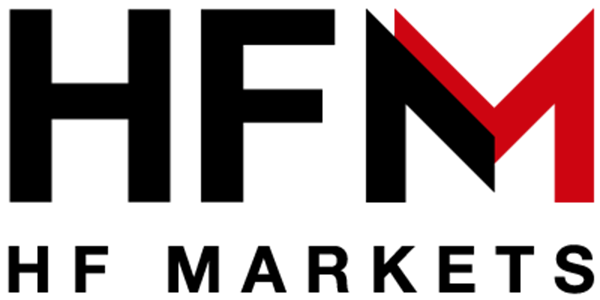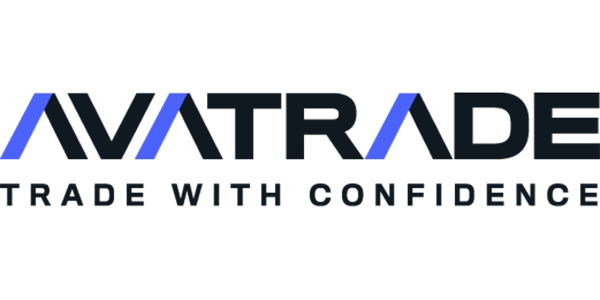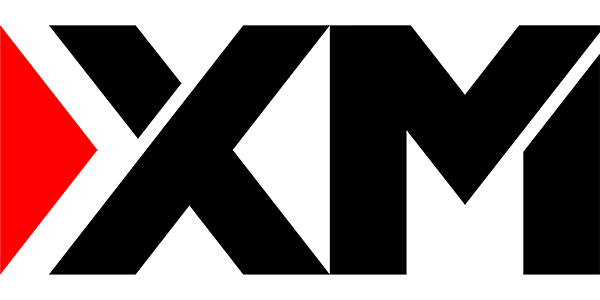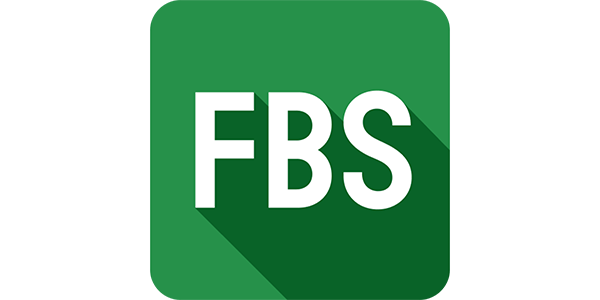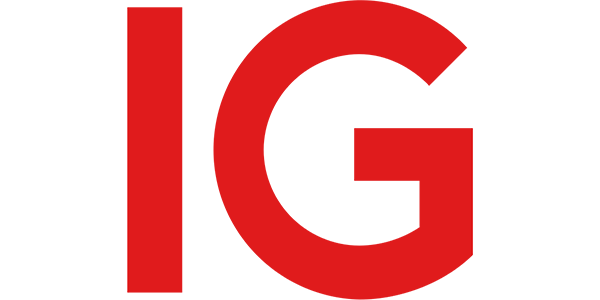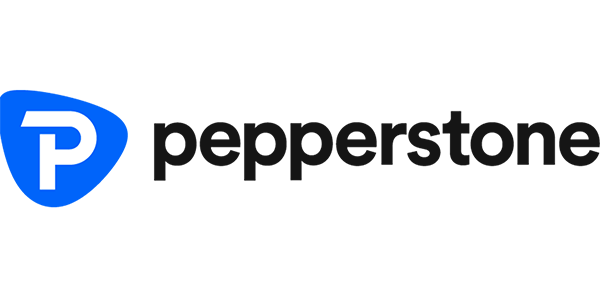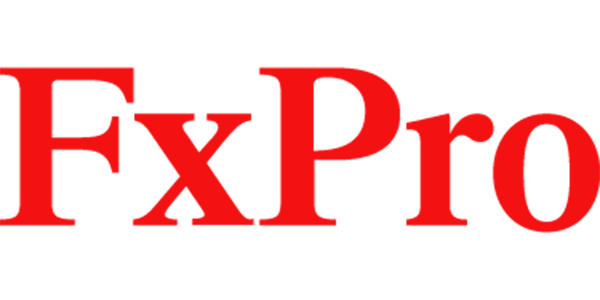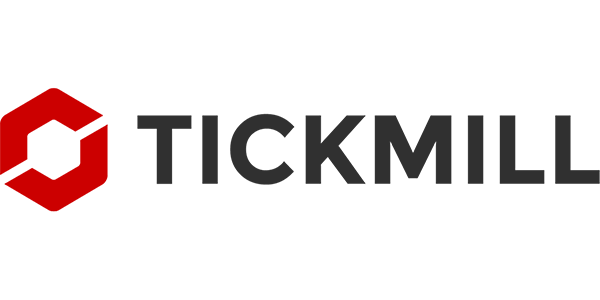- List of The Best Platform for Trading
- Nigeria Market Overview
- Key Criteria for a Good Platform in Nigeria
- Top Trading Platforms in Nigeria (2026)
- Comparison Table
- Popular Trading Instruments in Nigeria
- Strengths of Trading Platforms in Nigeria
- Weaknesses & Risks of Trading Platforms in Nigeria
- How to Choose the Best Platform for Nigeria Traders
- FAQs
The best trading platform in Nigeria is not necessarily the one with the most features, but the one that balances regulation, ease of deposits and withdrawals (especially in naira), low spreads, fast execution, and strong customer support. In this review, we outline the key factors Nigerian traders should consider and highlight platforms that consistently rank among the most trusted options in 2026.
List of The Best Platform for Trading
Here’s a quick comparison of the best trading platforms based on their compatibility and market access.
| Best For | Commision | Min Dep | Leverage | Platforms | ||
|---|---|---|---|---|---|---|
| Scalping, Algo Trading | $3.5 per lot (Raw) | $200 | Up to 1:500 | MT4 MT5 cTrader | ||
| Beginners, Local Banking | From $2 per lot (ECN) | $10 | Up to 1:2000 | MT4 MT5 | ||
| Commission-Free Trading | None | $25 | Up to 1:500 | MT4 MT5 | ||
| Low Deposit, PAMM Accounts | $6 per lot (Zero) | $5 | Up to 1:1000 | MT4 MT5 | ||
| Fixed Spread Trading | None (Fixed Spread) | $100 | Up to 1:400 | MT4 MT5 AvaTradeGO | ||
| Micro Lots, High Leverage | None / $3.5 (ECN) | $5 | Up to 1:1000 | MT4 MT5 | ||
| High Leverage, Small Funds | Depends on account | $1 | Up to 1:3000 | MT4 MT5 | ||
| Synthetic Indices, Simplicity | None | $5 | Up to 1:1000 | MT5 DTrader DBot | ||
| Professional CFD Traders | Spread-based | $250 | Up to 1:200 | IG Platform MT4 | ||
| Tight Spreads, Pro Traders | $3.5 per lot (Razor) | $200 | Up to 1:500 | MT4 MT5 cTrader | ||
| Diverse Assets, Fast Execution | From $3.5 per lot | $100 | Up to 1:500 | MT4 MT5 cTrader | ||
| Raw Spread Trading | $2 per lot (Pro) | $100 | Up to 1:500 | MT4 WebTrader | ||
| Regulated Access, API Users | Core: $40 per million | $0 | Up to 1:200 | MT4 OANDA Platform | ||
| Stock CFDs, Advanced MT5 | Depends on asset class | $100 | Up to 1:500 | MT4 MT5 |
Nigeria Market Overview
Nigeria’s large and increasingly tech-savvy youth population is fueling the rise of retail trading, crypto participation, and digital investment platforms. The combination of high mobile penetration, dissatisfaction with traditional savings options, and exposure to global financial trends has accelerated demand for accessible, low-barrier trading solutions. As more Nigerians seek alternatives for wealth building and hedging against inflation, brokers that offer localized onboarding, low minimum deposits, and multi-asset exposure are gaining popularity. This grassroots financial activity signals a structural shift toward more inclusive market participation.
Economic Landscape & Outlook
Nigeria, often dubbed the “Giant of Africa,” has one of the continent’s largest economies by GDP and population. Yet its economy remains highly dependent on oil exports. Recent years have seen efforts to diversify into sectors such as agriculture, manufacturing, and digital services.
For 2026:
- Growth is expected to remain moderate but positive, supported by ongoing reform efforts in the oil & foreign exchange sectors.
- The Central Bank of Nigeria (CBN) is forecasting inflation will gradually ease, contingent on improved food security, stable exchange rates, and effective monetary policy.
- Nigeria’s foreign exchange reserves are holding up relatively well, giving some buffers against external shocks.
Foreign Exchange / Currency Dynamics
The naira (NGN) has experienced volatility, partly driven by inflationary pressures, import costs, and oil trade fluctuations.
In 2026, reforms to the forex regime aim to increase transparency, reduce multiple exchange windows, and limit speculative activity.
These FX dynamics strongly influence trading costs, capital flows, and investor sentiment.
Capital Markets & Investments
- Equities / Stock Market: The Nigerian Stock Exchange (often referred to as NGX) has shown signs of recovery and upward momentum in early 2026.
- Debt / Bond Market: Government bonds and treasury instruments continue to be important in attracting both domestic and foreign investors.
- Private Markets & Venture Capital: Nigeria has become a leading hub in Africa for tech startups, fintech, and digital innovation, drawing venture capital and private equity funding.
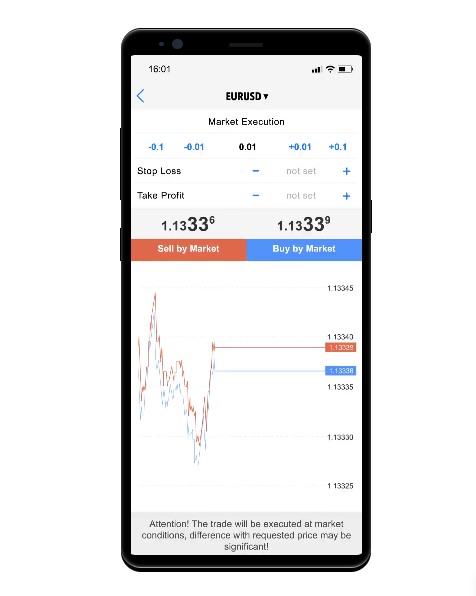
Key Strengths & Challenges
| Strengths | Challenges / Risks |
|---|---|
| Large, young population → big domestic market | Heavy reliance on oil makes economy vulnerable to commodity swings |
| Growing digital / fintech sector | Infrastructure, power, regulatory bottlenecks |
| Reform momentum in FX & fiscal policy | Currency volatility, inflation, fiscal deficits |
| Strong remittance inflows & diaspora links | Capital flight, exchange rate arbitrage, corruption, governance issues |
Trends & Implications for Trading / Platforms
- As forex and markets become more accessible, liquidity and volatility in Nigeria’s trading ecosystem may increase.
- Platforms that support NGN deposits/withdrawals, integrate with local banks or payment systems, and manage FX risk will have an edge.
- Risk management features (stop losses, margin controls) are especially important given macro volatility.
- Local regulation / oversight is evolving, so traders must stay up to date on compliance and permissible instruments.
- Digital infrastructure improvements (internet access, mobile usage) expand reach of online trading platforms.
Key Criteria for a Good Platform in Nigeria
Choosing the best trading platform in Nigeria requires looking beyond flashy marketing. Nigerian traders face unique challenges — such as Naira volatility, funding restrictions, and regulatory oversight — so platforms must meet practical needs. Below are the main criteria to consider:
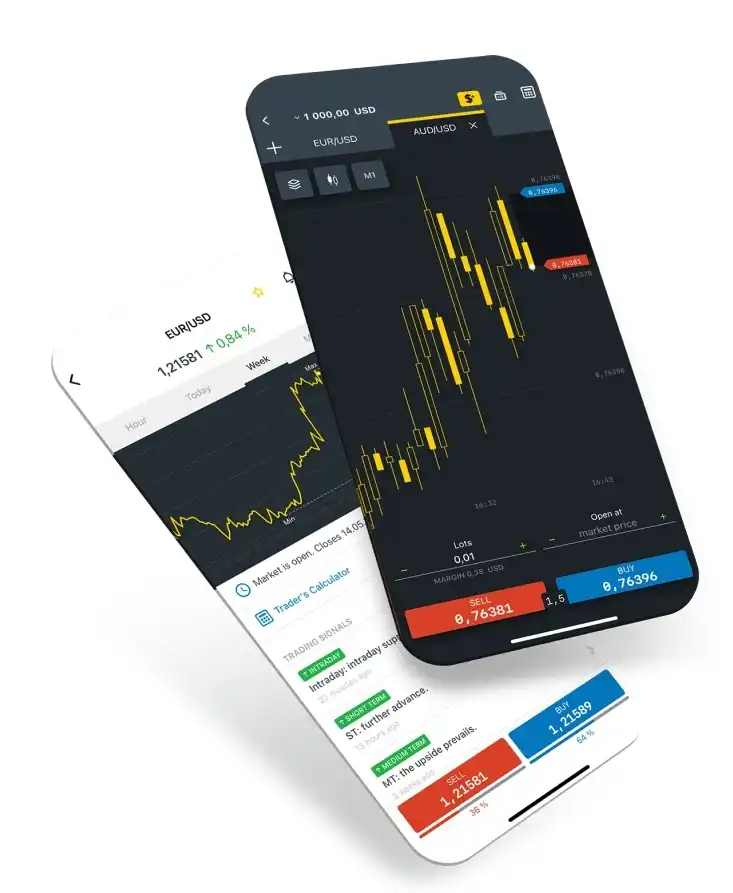
Regulation and Security
- Ensure the broker/platform is regulated by reputable authorities (e.g., FCA, ASIC, CySEC) or the Central Bank of Nigeria (CBN) where applicable.
- Check for segregated accounts and negative balance protection to safeguard funds.
Naira Funding and Withdrawals
- Support for local bank transfers, debit cards, or e-wallets is crucial.
- Platforms offering NGN accounts reduce conversion costs compared to USD-only platforms.
Platform Reliability and Speed
- Execution should be fast, stable, and consistent during volatile market conditions.
- A platform with strong mobile and desktop versions is ideal for Nigeria’s mobile-driven market.
Cost Structure
- Look for tight spreads, transparent commissions, and low overnight fees.
- Avoid brokers with hidden charges or expensive conversion fees when funding in NGN.
Market Access and Instruments
- Best platforms provide a wide range of forex pairs, stocks, indices, commodities, and crypto (if permitted).
- Access to both global and local markets (NGX) allows better diversification.
Tools, Education, and Analytics
- Platforms should offer advanced charting tools, technical indicators, and copy-trading options.
- Nigerian beginners benefit from brokers with free education, webinars, and demo accounts.
Customer Support and Localization
- Availability of 24/5 or 24/7 support in English is essential.
- Platforms with local service desks or responsive Nigerian support teams are more reliable.
Top Trading Platforms in Nigeria (2026)
The following platforms are among the most frequently recommended and used by Nigerian traders in 2026. They tend to stand out based on regulation, deposit/withdrawal convenience (especially in NGN), platform features, and reputation in local trading communities.
IC Markets
IC Markets
IC Markets is popular among scalpers and algorithmic traders due to its tight spreads and fast execution. The platform offers access to raw spreads from 0.0 pips and charges a small commission on ECN accounts. It’s regulated by ASIC, CySEC, and FSA Seychelles. Nigerian traders benefit from high leverage, fast deposits via local payment methods, and access to MetaTrader 4, MetaTrader 5, and cTrader.
Key Features:
- Spreads from 0.0 pips
- MT4, MT5, and cTrader support
- No dealing desk execution
- Regulated in multiple jurisdictions
FXTM
FXTM
FXTM (ForexTime) is well-integrated in Nigeria, with strong local support and convenient deposit options such as bank transfers via Nigerian banks. It offers a range of account types tailored to both beginners and professionals, including Cent accounts with very low minimum deposits.
Key Features:
- Local bank deposits accepted
- Cent and ECN accounts
- Daily market analysis
- Educational webinars in multiple languages
Octa
Octa
Octa is known for its simplicity and beginner-friendly environment. The broker offers commission-free trading, a proprietary mobile app, and standard MT4 and MT5 support. Octa is also active in the Nigerian trading community and supports NGN accounts.
Key Features:
- Commission-free trading
- Intuitive mobile platform
- Educational materials for newcomers
- Offers Islamic (swap-free) accounts
HFM (HotForex)
HFM (HotForex)
HFM is regulated by multiple tier-1 and tier-2 bodies and is widely used in Nigeria for forex and CFD trading. The broker supports flexible leverage, offers PAMM accounts, and features a multi-device trading experience.
Key Features:
- Regulation: FCA, CySEC, FSCA
- PAMM account availability
- Local funding methods
- Multiple bonuses for eligible clients
AvaTrade
AvaTrade
AvaTrade provides a balanced combination of strong regulation and robust tools, including its proprietary AvaTradeGO app and full MT4/MT5 compatibility. The broker supports options trading and integrates with third-party tools like Trading Central and DupliTrade.
Key Features:
- Mobile and web trading via AvaTradeGO
- Social copy trading integration
- Regulated across five continents
- Low fixed spreads
XM
XM
XM is appreciated for its transparency and trader-centric policies, especially in countries like Nigeria. It offers flexible leverage, negative balance protection, and over 1,000 instruments across forex, stocks, indices, metals, and crypto.
Key Features:
- 1:1000 leverage for selected accounts
- MT4/MT5 platforms
- Fast withdrawal processing
- 16+ platforms including mobile
FBS
FBS
FBS offers micro and cent accounts, making it ideal for those starting with small capital. The broker provides a clean trading interface, localized support for Nigeria, and mobile tools that allow chart tracking and order execution on the go.
Key Features:
- $1 minimum deposit (Cent account)
- Copy trading app
- High leverage up to 1:3000
- Bonuses available on first deposits
Deriv
Deriv
Deriv, formerly Binary.com, offers unique synthetic indices along with standard forex and commodity CFDs. Its in-house DTrader platform is lightweight and straightforward. Deriv also supports automated trading via DBot and has recently gained traction in Nigeria.
Key Features:
- Synthetic indices for round-the-clock trading
- DBot for automated strategies
- Multiple platforms including MT5
- Cryptocurrency account base options
IG
IG
IG is a long-established broker with a solid global reputation. It offers access to over 17,000 markets and advanced research tools. Although it requires a higher initial deposit, it remains a top pick for advanced traders looking for depth and reliability.
Key Features:
- FTSE 250-listed company
- Access to stocks, ETFs, indices, options
- Advanced charting and indicators
- L2 Dealer platform for pro traders
Pepperstone
Pepperstone
Known for low spreads and fast execution, Pepperstone is favored by high-frequency traders. It offers MT4, MT5, and cTrader platforms, along with integrations for Smart Trader Tools and Autochartist.
Key Features:
- 0.0 pip spreads on Razor account
- Copy trading available via Myfxbook and DupliTrade
- Fast execution, low latency
- Trusted by EA traders
FXPro
FXPro
FXPro provides a combination of no-dealing-desk execution and flexible account types. The platform features cTrader, MT4, and MT5 and is regulated by the FCA, CySEC, and FSCA. Traders benefit from tight spreads and low slippage.
Key Features:
- Multiple platforms supported
- Slippage statistics and execution speed transparency
- Hedging and scalping allowed
- Economic calendar and built-in analytics
Tickmill
Tickmill
Tickmill has earned its reputation by focusing on competitive spreads and fast trade execution. It’s a good match for experienced traders looking for raw spread accounts and access to advanced tools.
Key Features:
- Raw account with spreads from 0.0 pips
- MT4 and WebTrader platforms
- Local bank transfer options
- Active trader rebate program
OANDA
OANDA
OANDA provides a solid range of tools for market analysis, including real-time spreads, proprietary APIs, and deep liquidity. It’s one of the oldest brokers in the market and is known for its transparency and regulation.
Key Features:
- Customizable API trading
- Advanced risk management tools
- Historical exchange rate data access
- Regulated in US, UK, and Asia
Admiral Markets
Admiral Markets
Admiral Markets (now Admirals) is regulated across the EU and offers MT4 and MT5 with excellent analytical tools, including a plugin that enhances charting and order management. It’s popular among strategy-based traders.
Key Features:
- MetaTrader Supreme Edition plugin
- Offers stocks, ETFs, and crypto CFDs
- Fractional shares
- Financial strength and regulatory backing
Comparison Table
Here is a comparison table of some of the top trading platforms / brokers used by Nigerian traders. You can adapt or expand it based on which platforms you want to include.
| Platform / Broker | Strengths / Highlights | Things to Watch / Limitations |
|---|---|---|
| XTB | – Consistently ranked as one of the top platforms in Nigeria – Regulated in the EU – Offers TradingView integration and low fees | – Limited local deposit options may apply depending on the bank – Doesn’t offer NGN accounts |
| IC Markets / XM / HFM / FXTM / AvaTrade | – Globally trusted brokers – Offer local support for Nigerian traders – Wide asset selection: forex, stocks, crypto, commodities – Support for MT4/MT5 | – Not all support NGN funding – check deposit/withdrawal options – Be aware of currency conversion fees |
| FBS / Octa / Deriv | – Focus on low minimum deposits (as low as $1–$5) – Localized promotions and beginner support – Some offer Islamic accounts and NGN transfers | – Platforms may be limited in advanced tools – Check for regulatory jurisdiction and trading conditions |
| Pepperstone / Tickmill / FXPro / OANDA | – Popular with experienced traders and EA users – Offer raw spreads, fast execution, and deep liquidity – Support algorithmic and API trading | – No NGN accounts or bank transfers – Some platforms may be better suited to advanced traders only |
| Local Nigerian Stock Platforms | – Direct access to the Nigerian Stock Exchange (NGX) – Suitable for long-term investors in local equities or mutual funds | – Limited or no access to global assets – Fewer advanced trading tools and mobile apps |
| Hybrid / Multi-Asset Platforms | – Combine domestic stock access with global markets – Offer flexibility without switching between multiple platforms | – Can be complex for beginners – Be sure to verify fee structure and spreads |
Popular Trading Instruments in Nigeria
Nigerian traders have access to a wide range of instruments through international brokers and local platforms. The choice often depends on market conditions, access to NGN funding, and individual trading strategies. Below are the most commonly traded instruments in Nigeria:
| Instrument | Why Nigerians Trade It | Key Notes |
|---|---|---|
| Forex Pairs | High liquidity, global access | NGN not commonly available, USD/EUR preferred |
| Oil (Brent/WTI) | Nigeria is an oil producer; traders track global prices | High volatility, tied to local economy |
| Gold & Silver | Hedge against inflation and volatility | Widely offered as CFDs |
| Indices (S&P 500, NASDAQ) | Exposure to global markets | Useful for portfolio diversification |
| Stocks | Local NGX stocks + global tech giants | Local requires licensed brokers, global via CFDs |
| Cryptocurrencies | High volatility, youth adoption | Mostly via CFDs or exchanges |
| ETFs | Diversification, lower costs | Not widely available yet |
Forex / Currency Pairs
- Major pairs (EUR/USD, GBP/USD, USD/JPY) are the most liquid and widely traded.
- Cross pairs (EUR/GBP, AUD/JPY) provide diversification opportunities.
- While the Nigerian Naira (NGN) is rarely offered as a direct trading pair, most traders fund accounts in USD or EUR and trade major and minor pairs.
Commodities
- Crude oil (Brent & WTI) is especially relevant due to Nigeria’s status as a leading oil producer.
- Gold and Silver are popular as hedging instruments and safe-haven assets.
- Agricultural products and industrial metals are available through some CFD brokers.
Indices
- Global indices such as the S&P 500, FTSE 100, DAX, and NASDAQ are widely traded for exposure to broader markets.
- Regional and emerging market indices can also be accessed, though liquidity may be lower.
Stocks & Equities
- Local equities: Nigerian traders can access stocks listed on the Nigerian Exchange (NGX) through licensed domestic brokers.
- Global equities: International brokers offer CFDs or direct access to stocks of major global companies like Apple, Tesla, and Amazon.
Cryptocurrencies
- Bitcoin (BTC), Ethereum (ETH), and other altcoins are increasingly popular among younger Nigerian traders.
- Trading is usually offered via CFDs or crypto exchanges, depending on regulation and broker policies.
- Due to volatility, crypto trading carries higher risk but also high return potential.
Exchange-Traded Funds (ETFs)
- ETFs provide exposure to baskets of assets — such as technology, energy, or emerging markets — at lower cost.
- Not all brokers offer ETFs in Nigeria, but demand is rising.
Strengths of Trading Platforms in Nigeria
- Access to Global Markets – Many platforms allow Nigerian traders to trade forex, commodities, indices, stocks, and cryptos globally, not just domestically.
- Low Entry Barriers – Platforms often have modest minimum deposit requirements, enabling beginners with limited capital to join.
- Flexible Platforms & Tools – Support for MT4, MT5, web platforms, mobile apps, charting tools, technical indicators, automated scripts, etc.
- Naira Deposit / Withdrawal Options (in some cases) – Some platforms/brokers support NGN deposits or even NGN-denominated accounts, which reduces currency conversion costs and friction.
- Leverage & Margin Options – The ability to use leverage lets traders amplify returns (though it increases risk too).
- Demo Accounts & Educational Resources – Many platforms offer demo or simulated accounts and learning materials (tutorials, webinars, guides) which is attractive for newer traders.
- 24/7 Customer Support & Local Support – Some platforms provide responsive customer support including for Nigerian users (in local times) and localized assistance.
Weaknesses & Risks of Trading Platforms in Nigeria
- Regulation & Oversight Gaps – Nigeria lacks a strong, specific regulatory framework for online retail forex trading; many platforms are regulated abroad, so recourse is weaker.
- Deposit / Withdrawal Friction & Costs – Even when platforms support NGN, delays, processing fees, or exchange conversion costs may erode trading profits.
- Currency Conversion Risk – If your account base currency is USD, EUR etc., converting NGN to that currency and back can incur spreads or hidden costs.
- Volatility & Market Risk – Emerging market conditions, macroeconomic instability, and naira fluctuations mean higher price swings and risk of slippage.
- Platform Downtime / Execution Risk – During high volatility (e.g. news releases), platforms may lag, crashes may occur, or orders may not execute as expected.
- Hidden Fees & Inactivity Charges – Some platforms charge inactivity fees, account maintenance fees, or hidden spreads/commissions.
- Limited Local Enforcement – If the platform fails, is fraudulent, or refuses withdrawal, you may have little legal recourse in Nigeria if the broker is offshore.
- Overleveraging & Risk of Large Losses – High leverage can lead to magnified losses, especially for inexperienced traders.
- Tech / Infrastructure Challenges – Internet connectivity issues, latency, and smartphone limitations in certain parts can degrade the trading experience.
How to Choose the Best Platform for Nigeria Traders
Selecting the right trading platform in Nigeria is more than just picking the one with the lowest spreads. Nigerian traders face unique conditions — such as Naira volatility, FX conversion costs, and limited local regulation — so the choice should be strategic. Here are the steps to follow:
1. Verify Regulation and Safety
- Choose brokers regulated by top-tier authorities (FCA, ASIC, CySEC) or at least recognized regional bodies.
- Confirm whether the broker follows segregated accounts and offers negative balance protection.
2. Check NGN Deposit and Withdrawal Options
- Ensure the platform supports Naira deposits/withdrawals via local banks, cards, or e-wallets.
- If NGN isn’t supported, calculate conversion costs to USD/EUR accounts.
3. Compare Trading Costs
- Evaluate spreads, commissions, and swap/overnight fees.
- Avoid platforms that have hidden charges or high withdrawal fees.
4. Test Platform Reliability
- The platform should have stable execution, low latency, and mobile compatibility, given Nigeria’s mobile-first internet usage.
- Test on a demo account to see how fast orders fill during volatile times.
5. Evaluate Available Instruments
- Look for platforms that offer both global instruments (forex, stocks, commodities, crypto) and local access (Nigerian equities via NGX, if possible).
- Broader instrument coverage allows for diversification.
6. Consider Tools and Education
- Platforms with advanced charting, copy-trading, and automated strategies suit active traders.
- Beginners benefit from free tutorials, webinars, and strong community support.
7. Review Customer Support Quality
- Nigerian traders should prioritize platforms with 24/5 or 24/7 support in English.
- Faster response times during Nigerian trading hours are an advantage.
Conclusion
The rise of online trading in Nigeria has opened the door for individuals to participate in global financial markets like never before. Choosing the best trading platform in Nigeria depends on your personal goals, trading style, and the practicality of deposits and withdrawals in Naira. For Nigerian traders, the key considerations are regulation, cost structure, NGN funding options, platform stability, and customer support. Always begin with a demo account, test local deposit and withdrawal methods, and only then scale up your trading capital.
FAQs
Is online trading legal in Nigeria?
Yes. Online trading is legal in Nigeria, but most forex and CFD brokers are regulated outside the country. Traders should choose platforms licensed by reputable authorities (FCA, ASIC, CySEC) and ensure compliance with Nigerian financial laws.

